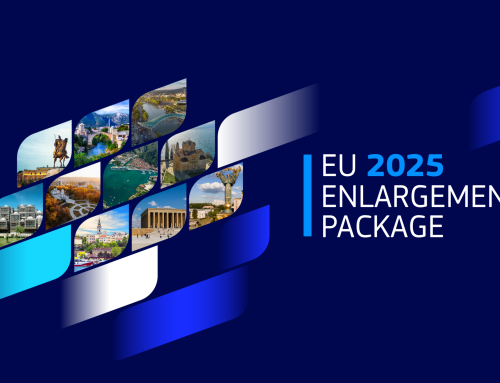FOREIG AFFAIRS Council meeting Brussels, 3 March 2014.
The Council adopted the following conclusions:
“1. The European Union strongly condemns the clear violation of Ukrainian sovereignty and territorial integrity by acts of aggression by the Russian armed forces as well as the authorisation given by the Federation Council of Russia on 1 March for the use of the armed forces on the territory of Ukraine. These actions are in clear breach of the UN Charter and the OSCE Helsinki Final Act, as well as of Russia’s specific commitments to respect Ukraine’s sovereignty and territorial integrity under the Budapest Memorandum of 1994 and the bilateral Treaty on Friendship, Cooperation and Partnership of 1997. These actions are also a clear breach of the Ukrainian constitution which specifically recognises the territorial integrity of the country and states that the Autonomous Republic of Crimea can only organise referenda on local matters but not on the modification of the territorial configuration of Ukraine.
2. The EU calls on Russia to immediately withdraw its armed forces to the areas of their permanent stationing, in accordance with the Agreement on the Status and Conditions of the Black Sea Fleet stationing on the territory of Ukraine of 1997. Russia should also without delay agree to the request by Ukraine to hold consultations, as foreseen in the bilateral Treaty on Friendship, Cooperation and Partnership of 1997, and to take part inurgent consultations among all signatories and adherents of the Budapest Memorandum of 1994.
3. The EU calls for a peaceful solution to the current crisis and full respect of the principles of and obligations under international law. The EU remains ready to engage in andpromote any constructive dialogue with all parties aimed at reaching such a peaceful solution and will continue its engagement in international facilitation efforts, working with the UN, the OSCE, and other international actors, including on proposals for international observation and mediation, and welcomes a possible OSCE fact finding mission in this regard.
4. The Council recalls the EU’s ambitions and openness to a relationship with Russia based on mutual interest and respect and regrets that these common objectives have now been put in doubt. The EU and those Member States who are participants of G8, have decided for the time being to suspend their participation in activities associated with the preparationsfor the G8 Summit in Sochi in June, until the environment comes back where the G8 is able to have meaningful discussion. In the absence of de-escalating steps by Russia, the EU shall decide about consequences for bilateral relations between the EU and Russia, forinstance suspending bilateral talks with Russia on visa matters as well as on the New Agreement, and will consider further targeted measures. The Council decides to remain permanently seized, in order to be in a position to take rapidly all necessary measures.
5. The European Union commends the measured response demonstrated so far by Ukraine . The European Union stands by the efforts of the new Ukrainian Government to stabilise the situation and pursue the course of reforms. The EU reaffirms the necessity of further constitutional reform in Ukraine and to hold free, fair and transparent Presidential elections with OSCE-ODIHR observation. The EU reaffirms the utmost importance of ensuring inclusiveness at all levels of government by the Ukrainian authorities, including through steps designed to reach out to all Ukrainian regions, population groups and to ensure full protection of national minorities in accordance with Ukraine’s international commitments. In this regard, it encourages Ukraine to draw on the expertise of the Council of Europe and the OSCE.
6. The EU is ready to further pursue its efforts with the international community and international financial institutions, especially the IMF, to assist Ukraine. To this end, the EU and its Member States will lend their full support to an international assistance package to address the urgent needs of Ukraine, based on a clear commitment to reforms. The Council welcomes the efforts already undertaken by the Commission, which has dispatched a fact-finding mission to Kyiv in parallel to the IMF mission. The Council also encourages interested third countries to join such an international assistance package. Recalling its conclusions of 20 February 2014, the Council agreed to swiftly work on the adoption of restrictive measures for the freezing and recovery of assets of persons identified as responsible for the misappropriation of State funds, and the freezing of assets of persons responsible for human rights violations.
7. The Council reconfirms its offer of the Association Agreement, including a Deep and Comprehensive Free Trade Area. The Agreement would bring opportunities for sustainable economic development and prosperity to all the regions of Ukraine, including Crimea, as well as to its neighbours. The Agreement does not constitute the final goal in EU-Ukraine cooperation. The EU reiterates its commitment to enhance people to people contacts between the EU and Ukraine, i.a. through the visa liberalisation process, in line with agreed conditions in the framework of the VLAP.
8. The Council calls on High Representative Catherine Ashton to continue her contacts with all parties with a view to contributing to a peaceful resolution of this crisis.”



